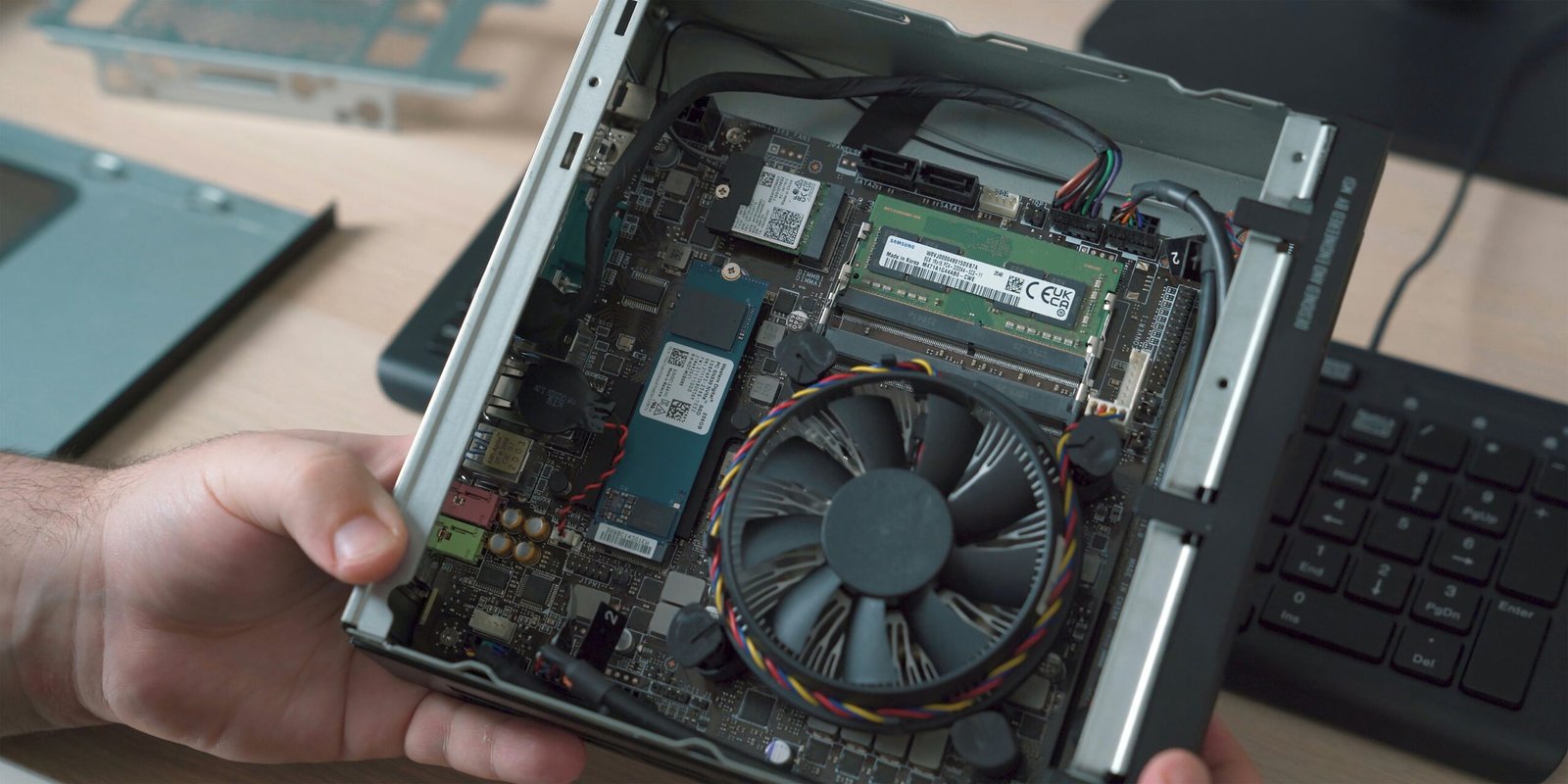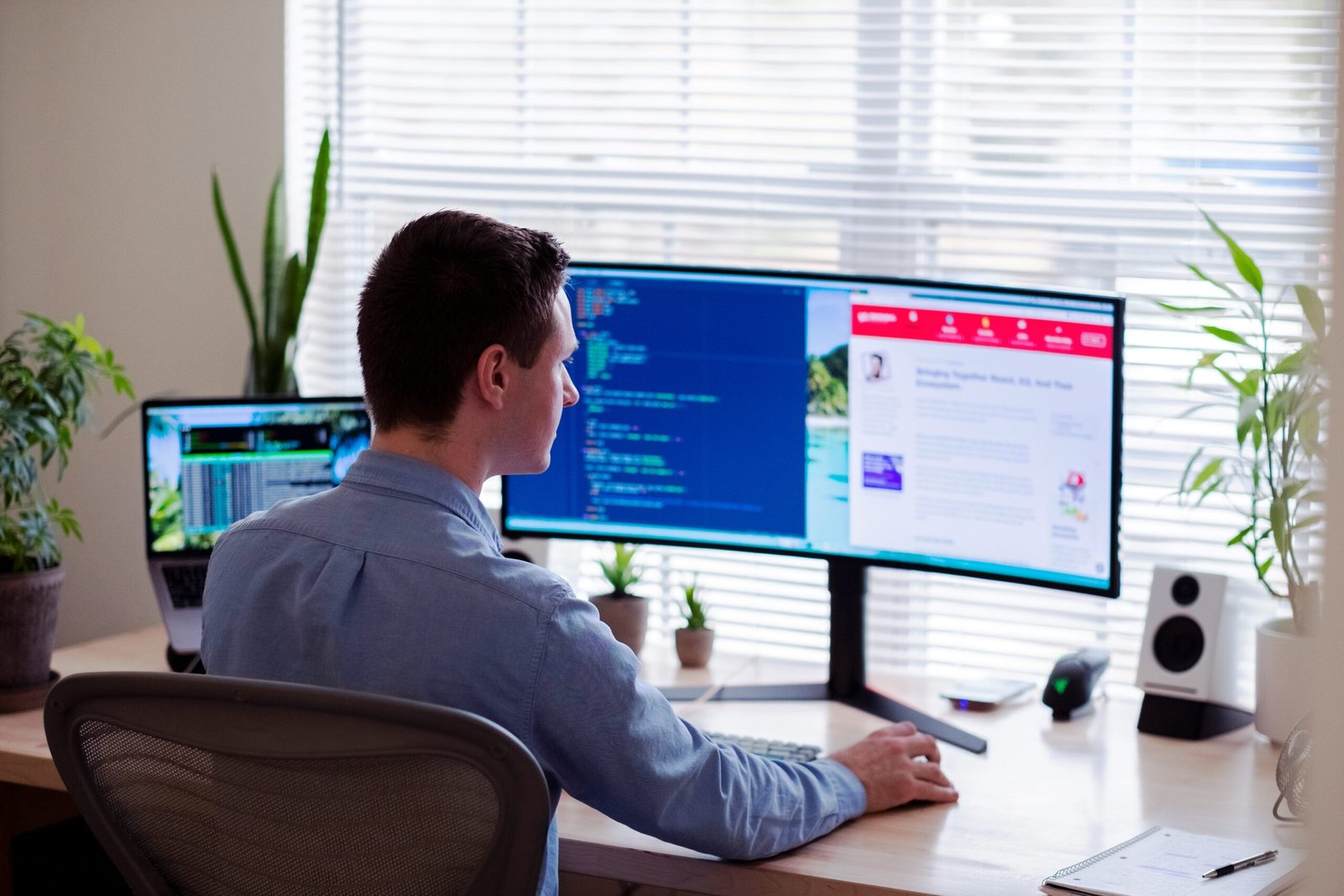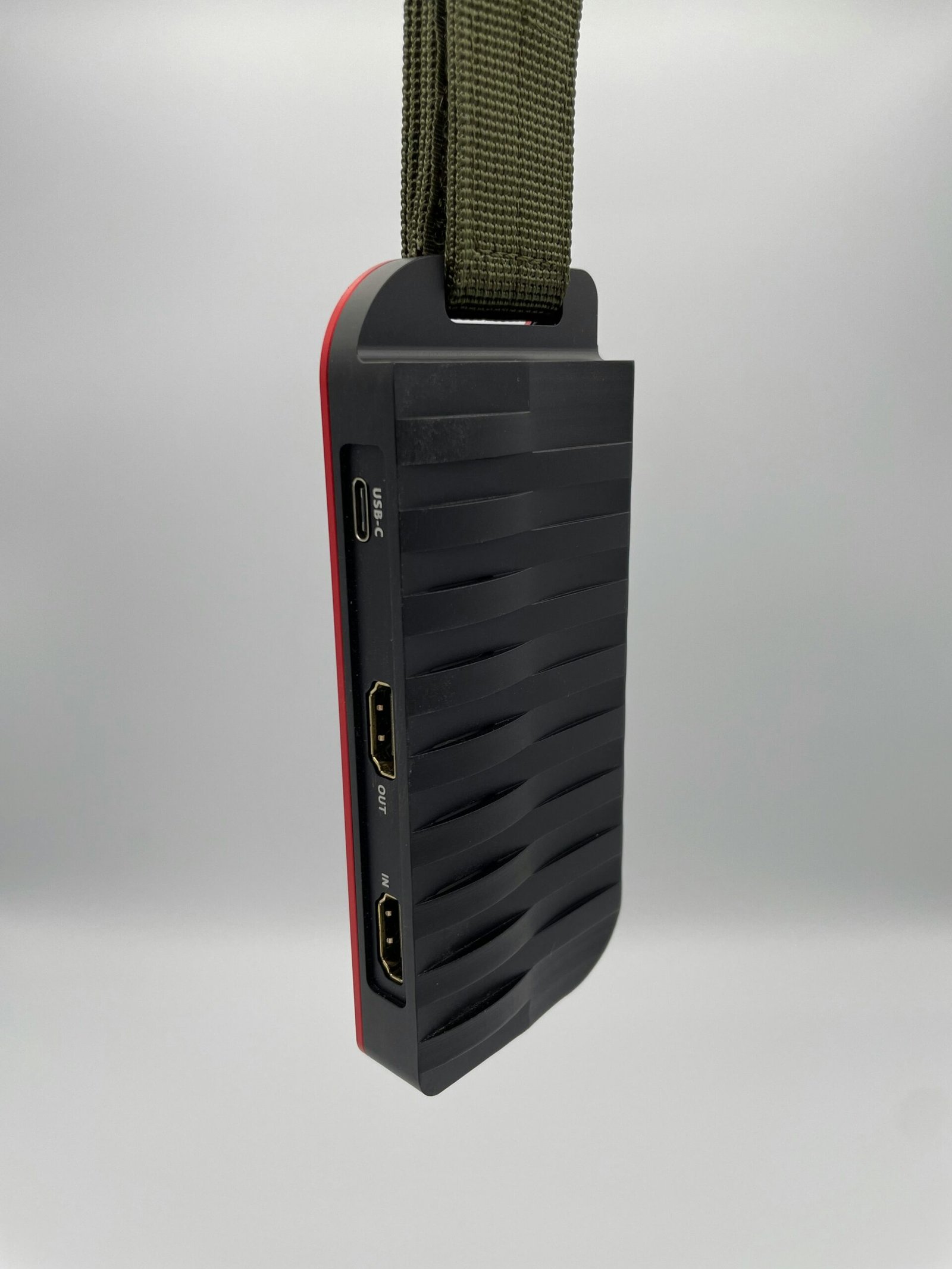Mini PC Gaming: The Ultimate Compact Gaming Experience
Introduction to Mini PC Gaming
Mini PC gaming represents a significant evolution in the world of digital entertainment, characterized by compact, yet powerful gaming systems. A ‘mini PC’ typically refers to a small form-factor personal computer that retains the functionality and performance of a traditional desktop gaming PC, but in a more compact, portable design. Unlike conventional gaming PCs, which can be bulky and challenging to transport, mini PCs offer versatility and space-saving benefits without compromising on power.
The concept of mini PCs has been around for decades, but it wasn’t until recent advancements in technology that these compact systems became viable for high-performance gaming. Early iterations of mini PCs often suffered from overheating and limited graphical capabilities. However, modern advances such as more efficient cooling systems, high-performance processors, and powerful integrated GPUs have paved the way for mini PCs to compete with their larger counterparts.
Additionally, the rising popularity of mini PC gaming can be attributed to the growing demand for portable and space-efficient technology. As urban living spaces become smaller and the need for mobile workstations increases, mini PCs have emerged as an ideal solution. Their ability to deliver a top-tier gaming experience in a compact package appeals to a broad spectrum of users, from hardcore gamers to casual enthusiasts.
Mini PCs are suitable for a wide range of games, including mainstream AAA titles, indie games, and esports. With the advancement of cloud gaming services and optimized game engines, even resource-intensive games can run smoothly on these small devices, providing a comprehensive and immersive gaming experience. The flexibility of mini PCs also means they can be easily integrated into various gaming setups, from dedicated gaming rooms to living room entertainment centers.
In summary, mini PC gaming offers a compelling alternative to traditional desktop and console gaming, harnessing the power of advanced technology in a compact and convenient form. As mini PC gaming continues to evolve, it is set to redefine the gaming experience for users worldwide.
Benefits of Mini PC Gaming
Mini PC gaming presents a multitude of benefits that make it an attractive option for modern gamers. One of the most compelling advantages is the compact size and portability of the mini PC. Unlike traditional gaming rigs, which can be bulky and unwieldy, a mini PC’s small form factor allows for easy transport and flexible placement in various environments. This makes it an ideal choice for gamers with limited space or those who frequently travel.
Additionally, mini PCs are often designed with energy efficiency in mind. These devices typically consume less power than their full-sized counterparts, resulting in lower electricity bills and a reduced environmental footprint. Moreover, despite their smaller size, many mini PCs offer ample power and performance, making them suitable for running the latest games with impressive visuals and smooth gameplay.
Another significant benefit of mini PC gaming is the ease of upgrade and customization. Many mini PCs are built with modularity in mind, meaning that components such as RAM, storage, and even graphics cards can be easily swapped out or upgraded to meet the user’s evolving needs. This flexibility allows gamers to keep their systems up-to-date without the need to purchase entirely new machines.
Cost-effectiveness is another crucial advantage of mini PCs. While high-end gaming rigs can be prohibitively expensive, mini PCs often provide a more budget-friendly alternative without sacrificing too much in terms of performance. This makes them an excellent option for gamers looking to get the most bang for their buck.
Beyond gaming, mini PCs also offer potential for multifunctional purposes. They can be easily repurposed as media centers, providing a compact and efficient means of streaming movies and TV shows. Furthermore, due to their powerful hardware, mini PCs are capable of handling office work and other productivity tasks with ease. This versatility adds an extra layer of value to the investment in a mini PC.
“`html
Choosing the Right Mini PC for Gaming
When selecting the right mini PC for gaming, understanding key hardware specifications is paramount. The central processing unit (CPU) and the graphics processing unit (GPU) serve as the heart and soul of the gaming experience. A robust CPU, ideally from the latest generation of Intel or AMD processors, ensures smooth multitasking and efficient processing of game logic and background applications. For the GPU, options from NVIDIA or AMD’s latest series are recommended, as they handle the rendering of high-quality graphics, a crucial factor in maintaining an immersive gaming experience.
Another critical component is RAM. Modern gaming demands a minimum of 8GB, although 16GB is optimal for most current games to ensure that loading times are minimized, and performance is maximized. Storage cannot be overlooked, as contemporary games require substantial space and rapid access times. Solid State Drives (SSDs) are preferable over traditional Hard Disk Drives (HDDs) due to their significantly faster read and write speeds. An SSD with at least 512GB capacity should cater to most gaming libraries, with additional options for external storage to keep the system agile.
When evaluating brands, it’s beneficial to compare models across established giants like ASUS, MSI, and Intel. Delving into reviews and expert opinions can shed light on the real-world performance of these mini PCs. Additionally, considering budget constraints is essential. While high-end configurations deliver superior performance, mid-range options often provide a balanced experience at a more accessible price point.
Space constraints are another vital consideration. Mini PCs should blend seamlessly into your environment, offering portability without sacrificing functionality. Intended gaming usage plays a significant role in decision-making as well. Casual gamers might prioritize systems that offer quiet operation and low power consumption, whereas high-performance gamers should seek mini PCs equipped with high-end GPUs and effective cooling solutions to handle more demanding titles efficiently.
By meticulously assessing these key aspects, one can ascertain the most suitable mini PC, ensuring a compact yet powerful gaming experience tailored to individual needs.
“`
Setting Up and Optimizing Your Mini PC for Gaming
Setting up a mini PC for gaming demands careful attention to detail, starting from the initial setup to long-term optimization strategies. Begin by installing the operating system of your choice. Most gamers prefer Windows due to its broad compatibility with gaming titles and software. Upon installation, ensure that you update the operating system to the latest version. This not only enhances security but also improves performance by supporting the latest drivers and patches.
Next, focus on driver updates. Essential drivers to update include those for the graphics card, chipset, and audio. Updated drivers often contain optimizations that significantly enhance gaming performance. Most manufacturers provide tools that can automatically detect and update drivers, simplifying this process.
Once the basic setup is complete, proceed to install your gaming software and clients, such as Steam, Epic Games, and other launchers. These platforms often require the latest updates to function smoothly and provide access to game patches, which can enhance game stability and features.
For optimization, consider techniques like overclocking to push your mini PC’s components beyond their base performance. However, this should be done carefully and incrementally to avoid system instability. Equally important is managing cooling; mini PCs can overheat quickly due to their compact design. Invest in high-quality cooling solutions to maintain optimal temperatures and sustain performance. Regularly cleaning dust and ensuring unobstructed airflow through the chassis are also crucial for maintaining a cool system.
Compatibility with peripherals like monitors, keyboards, and game controllers is also vital. Ensure that your mini PC supports the necessary ports and connections, such as HDMI for high-resolution displays and USB ports for various peripherals. An ergonomic keyboard and a responsive game controller can significantly enhance your gaming experience.
In summary, setting up and optimizing your mini PC involves meticulous steps from the initial setup to ongoing performance management. With proper driver updates, cooling solutions, and peripheral compatibility, you can transform your mini PC into a powerful and immersive gaming hub.






